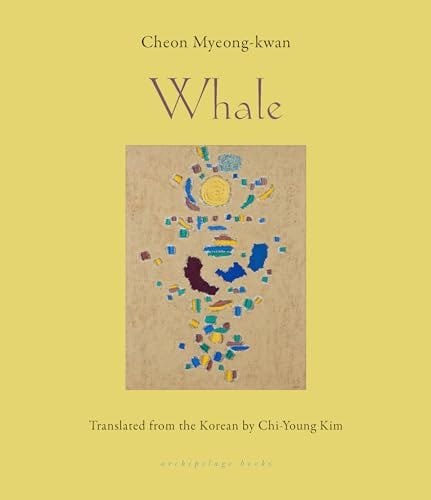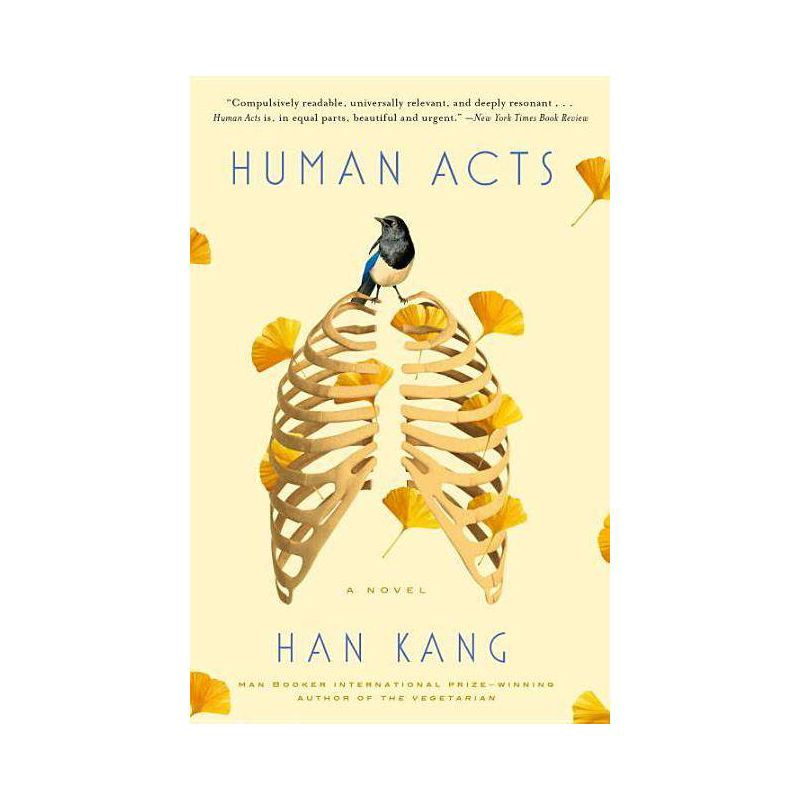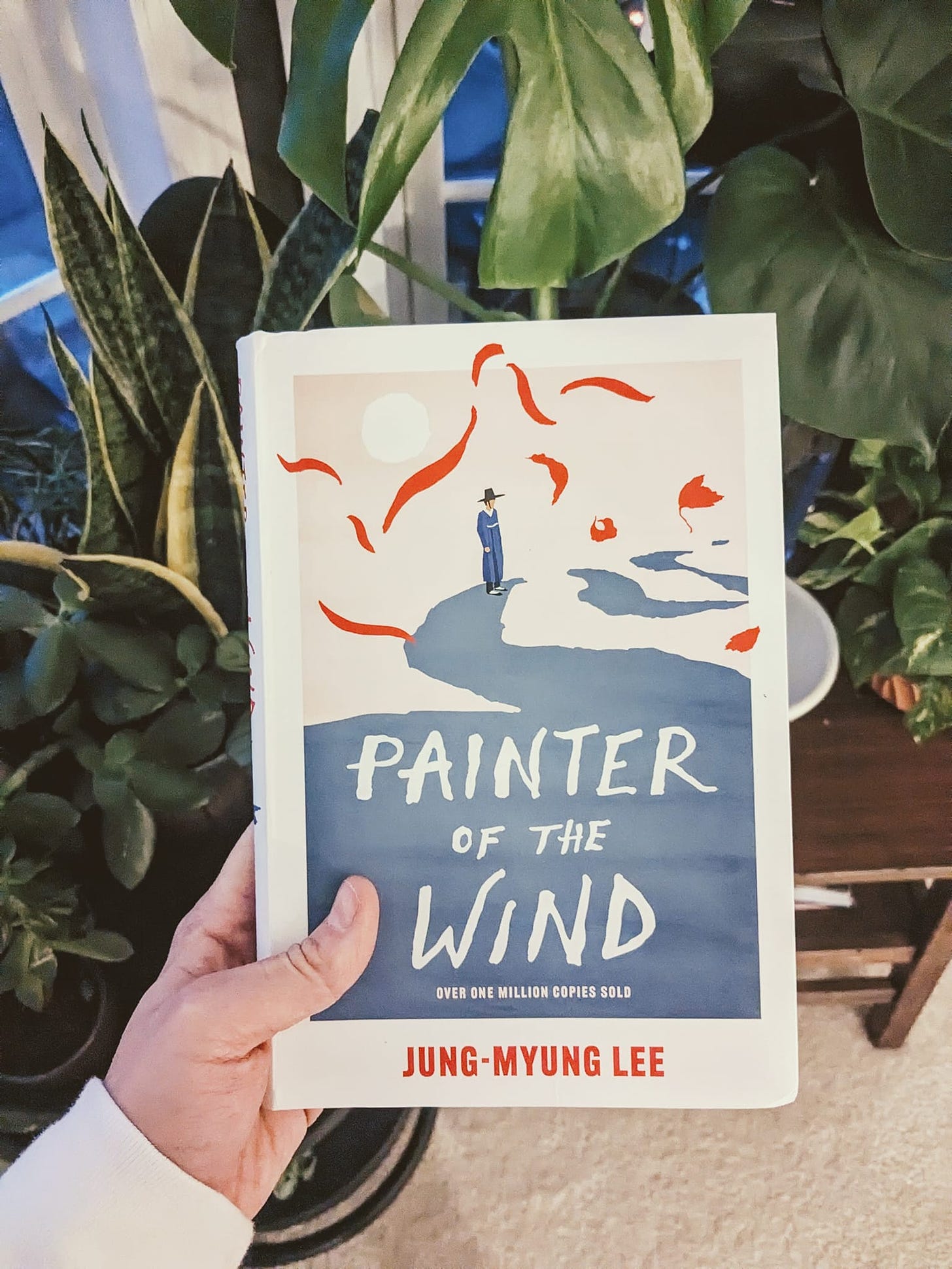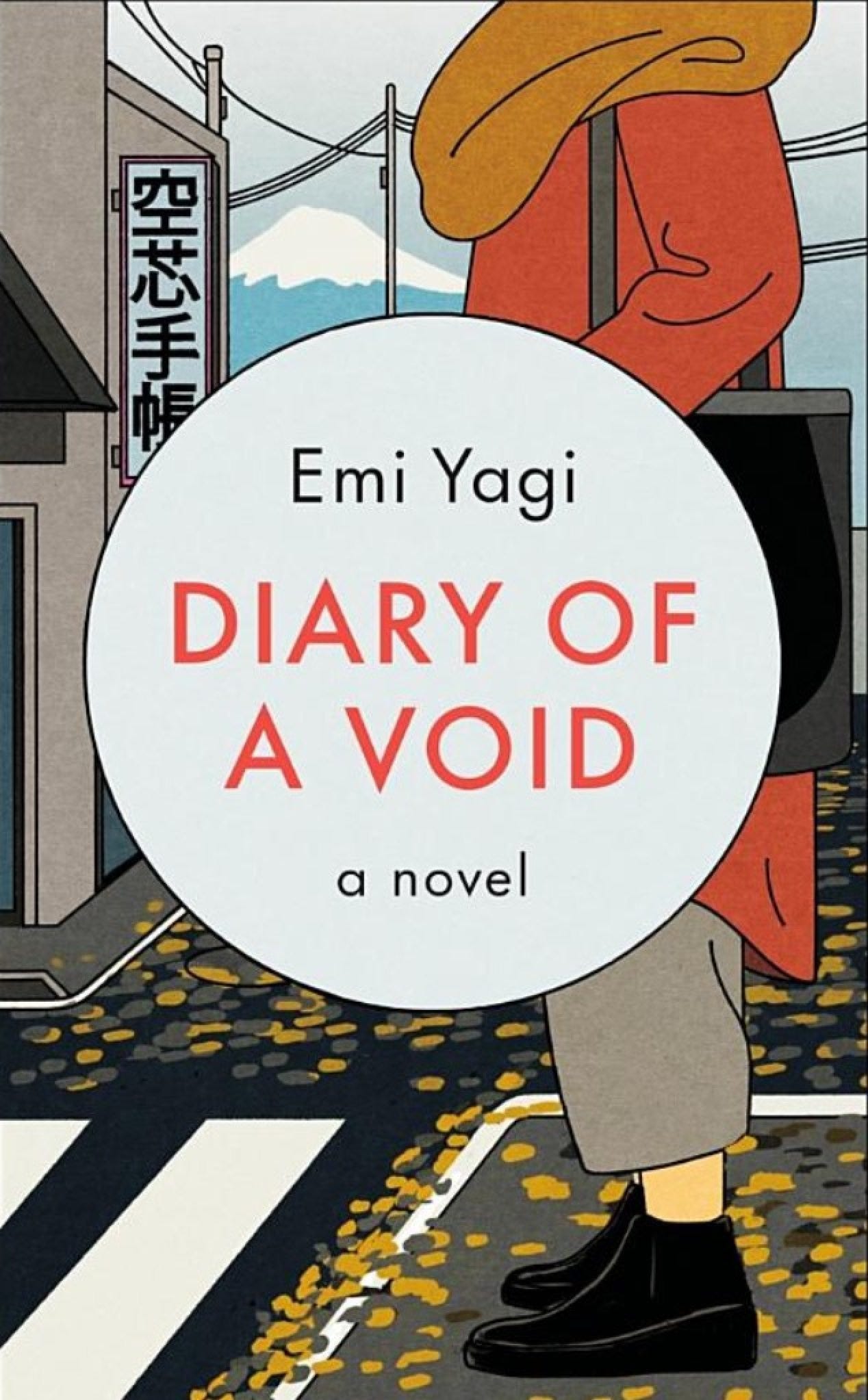K-LIT No. 1: Happiness by Jeong Jia
“What might one call this blind passion, castrated of any possible action?”
About the Author: Jeong Jia
Translated by: Ann Meejung Kim
Summary
From the introduction to The Journal of Korean Literature and Culture: Azalea, Volume 16:
“Jeong Jia created a sensation in Korean society during the 1990s with her docu-fictional work Daughter of Guerrillas, which reconstructs her parents’ lives as guerillas during the Korean War. While she focused in that work on the lives of guerrilla parents as forgotten stories, in the more-recent short story “Happiness” she explores the daughter’s reflections on contemporary Korea, shedding light on it through her parents’ eyes. As the story progresses, it becomes clearer that, while her parents’ crime involves no more than dreaming of independently building a more just and equitable society, regardless of which side they fought on, contemporary South Korean reality is far from this ideal. Rather, it is a society in which the daughter as a teacher cannot encourage her students to pursue their dreams of achieving happiness, so that it is a virtual ‘prison’ to those who have not abandoned this dream.” - Seung Hee Jeon
Craft & Quotes:
Jeong Jia creates an interesting parallel between the daughter’s parents, the dreams of and for a country they cling to long after the war’s cease-fire, and the daughter’s students' pursuit of what they've been told their whole lives ought to be their dreams. The piece drips with han, that untranslatable word that encompasses the uniquely Korean experience of existence, characterized by an undercurrent of suffering and resentment. But it’s not an entirely woeful disposition. Koreans often weave strength and hope into their characterizations of han. It’s a complex layering of human emotions, crafted by tragedy and time.
One thing I’ve noticed in Korean literature is that han seems to lend a familiar tone to the pieces, a resonance of the Korean voice, in the same way you can read the “Americanness” in Steinbeck or Twain or Kerouac.
Here are a couple of examples of what I’m talking about (and only a couple, because I don’t want to ruin the pleasure of reading these for the first time on the page, in context):
I tried to take my own life when I was captured, but they didn’t give me time, she had said once, at the tail of a forgotten discussion. (46)
and
If I had been drunk on the idea of a road not taken in my youth, what I failed to consider back then was the fact that–at the end of the road–I might only find hollow emptiness just like any other road. (67)
There are so many other han-esque details in Happiness that I love. One in particular is the way she uses the daughter’s observation of the “old people smell” to not only physically characterize the father but also the daughter—her relationship with her father and how she sees the world through his eyes. It’s such a powerful moment of observation.
In the story, the daughter talks about the irreconcilable distance between her husband and her family, and so, the irreconcilable distance between the daughter and her husband. Her husband is a character full of hope and happiness and, he’s from a family that seems to enjoy spending time with one another. The fact that this daughter finds too much of a chasm between her familial reality and his, is interesting to me. I once “defriended” a really lovely person (on Facebook) because I couldn’t stand all her super gushy “my mom is my best friend” posts. Her happiness and healthy relationship with her mother bothered me. (Yes, I know…
I know.) Needless to say, I find this daughter very relatable.
There’s also the daughter’s son who exists entirely off the page, but he’s such an important character. I wondered how Jeong was going to use him when the daughter mentions him early in the story, and I worried I wouldn’t hear of him again or that he’d simply be a prop. Of course, I needn’t have worried. Jeong knows what she’s doing. And she’s so subtle—you have to pay attention to catch these little details here and there, but if you do, you’re rewarded with a much richer reading experience.
For example, Jeong (subtly) uses the contrasting nature of light and dark throughout the story to mirror feelings of hope and sadness. Not only does it provide a quiet thread of continuity to the piece, but it also ensures that the mood doesn’t stay perpetually depressing. It’s a somber story, for sure, but there are bright moments–quiet moments of hope. And you feel it just within the daughter’s grasp–it’s so close, the reader can’t help but hope for the daughter to reach out and grab it.
My favorite quote in the whole piece I give to you without context or explanation:
“What might one call this blind passion, castrated of any possible action?”
I’m curious how others might interpret the ending and how other readers might predict how the future beyond the story will go for the daughter. To me, the daughter’s pursuit of happiness is inextricably linked to her parents’ happiness–making her no different than her students.
Bonus:
I am not a K-pop listener, although I’m curious about it for reasons related to my research. But I came across this song by BTS, No More Dreams, that I think speaks to some aspects of han, and familially and socially tied dreams.
Okay, the boring same day, every day just repeats Adults and parents cram us with dreams stuck in place The No. 1 dream job, a government employee?
Reading Recommendations:
Whale by Cheon Myeong-kwan
This book has completely transformed how I understand fiction and what I imagine fiction to be. Read it! What a trip.
Human Acts by Han Kang
It’s going to take me a long time to get over this one. It was devastating. I don’t usually go for super sad books, but this one felt like a must-read.
Currently reading:
Painter of the Wind by Jung-Myung Lee Translated from Korean to English by: Hannah Pang and Stella Kim
And
Diary of a Void by Emi Yagi Translated from Japanese to English by David Boyd and Lucy North
*I purchased a copy of this story and am making it available to readers of this substack post (limited distribution). If you’d like to purchase the story, please go here: https://muse.jhu.edu/article/900452
One Last Thing:
There will be no podcast with me reading the full-length versions of these stories out loud. It’s not that I don’t want to do this, it’s that my voice is not suitable for reading stories out loud. (I have more admiration for professional audiobook readers and podcasters now!)
Believe me. You don’t want to listen to me read. So, read it yourself! It’s worth it, I promise.








I am so delighted to discover your Substack. I’m late to the game of learning about my Korean heritage and am excited to read translated Korean literature. Thank you for the hard work you put into this post.